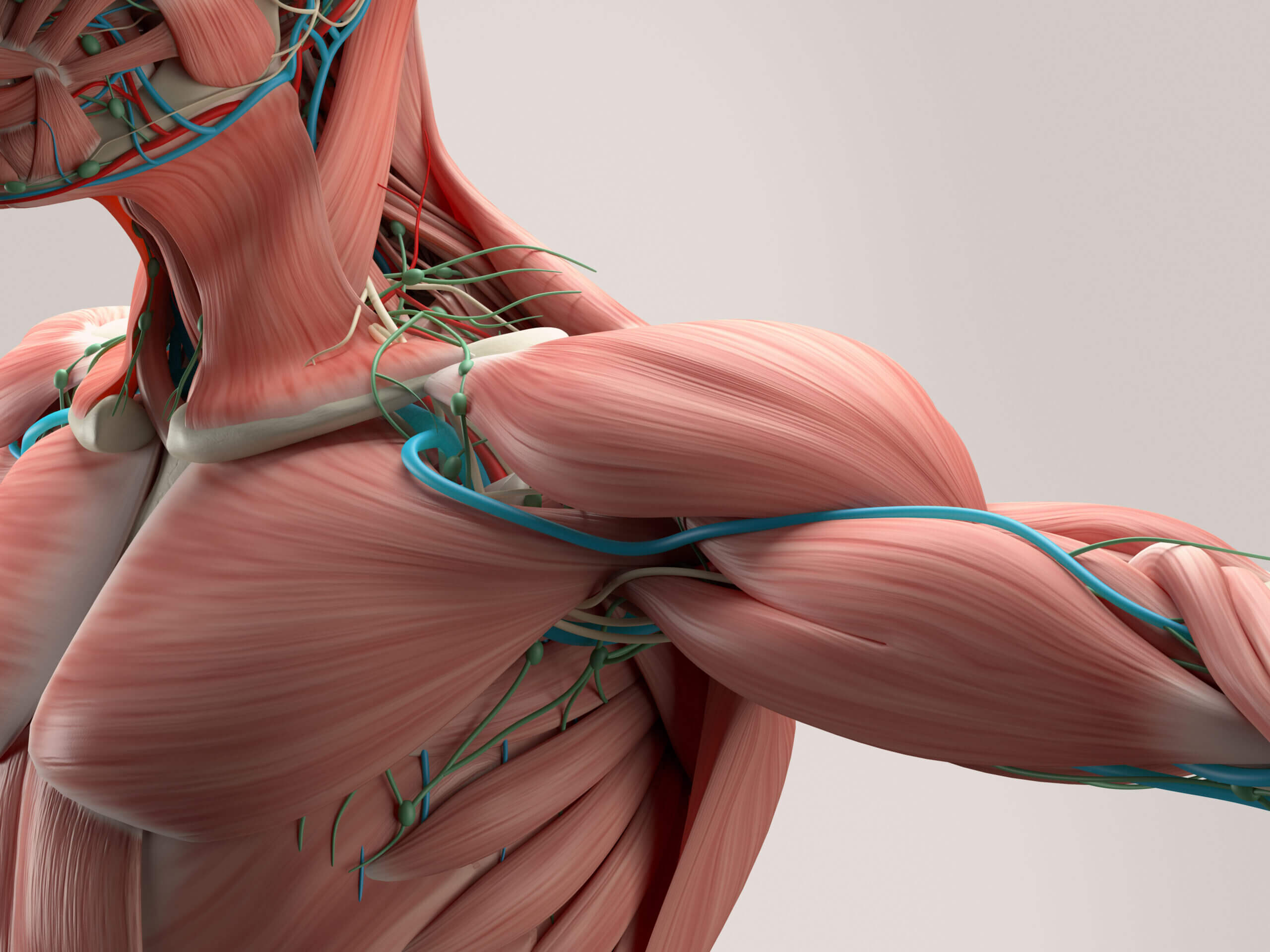WHAT IS POTASSIUM?
The third most common mineral in the body, potassium is essential for maintaining a number of physiological processes. A little more than 98% of the potassium in the body is found inside cells, with 80% of it concentrated in muscle cells and the remaining 20% split between the bones, liver, and red blood cells. When dissolved in water, potassium, an essential electrolyte, forms positively charged ions that aid in the conduction of electricity. The body uses this electrical activity to control vital functions like fluid balance, nerve signal transmission, and muscle contractions. Thus, the proper electrolyte balance of potassium is essential for the efficient functioning of many vital biological processes.

WHAT ARE THE BENEFITS OF POTASSIUM?
Potassium is a crucial mineral that is important for sustaining general health as well as for a number of body processes. Here, we examine three of potassium’s major health advantages and their significant influence on wellbeing.
- Hydration and Fluid Balance: Potassium is essential for maintaining the delicate fluid balance within the body and for controlling hydration. Since 60% of our bodies are water, it is essential for good health to maintain an ideal fluid balance. The concentration of electrolytes, especially potassium and sodium, both within and outside of our cells, controls this equilibrium. The main electrolyte in our cells, potassium, regulates how much water is present inside. Contrarily, sodium performs this function outside of the cells. An imbalance can create dehydration, which can then affect the performance of important organs, including the heart and kidneys, making this rigorous regulation essential. Keeping hydrated and eating a potassium-rich diet together may prevent heart disease.
- Nervous System and Muscle Function: Potassium is essential for the efficient operation of the nervous system, especially in the transmission of nerve impulses that control a variety of body activities. These nerve impulses play a crucial role in the control of numerous biological processes, including the regulation of the heartbeat, the execution of reflexes, and the synchronisation of muscle contractions. Ion mobility is essential for the production of these nerve impulses, with potassium ions leaving cells playing a crucial role. This ion movement changes the cell’s potential, which ultimately causes a nerve impulse to be activated. This vital process may be hampered by low potassium levels in the blood, which could result in muscle weakness. Therefore, maintaining healthy neuronal activity and strong muscle contractions, which are essential for our daily activities and general physical health, requires ensuring an adequate intake of potassium.

- Cardiovascular Health: Beyond supporting healthy neuron and muscle function, potassium has a variety of positive health effects. In particular, it helps to keep the heartbeat regular. The neurological system’s nerve signals can be impacted by changes in blood potassium levels, whether they are too high or too low, which could lead to abnormal heartbeats. Diets high in potassium have been linked to lower blood pressure, which lowers the risk of heart disease—the leading cause of death worldwide—in addition to its role in heart health. Additionally, potassium can help protect against osteoporosis, a disorder that is marked by weak and porous bones. By lowering the amount of calcium lost through urination, it preserves bone density and strength. In addition, potassium may help prevent kidney stones by lowering the level of calcium in urine. By encouraging higher urine production and bringing down sodium levels, it can also help to lessen water retention. This broad spectrum of health advantages highlights the crucial part potassium plays in fostering all-around wellbeing.
In summary, potassium’s importance in preserving fluid balance, assisting the nervous system and muscle function, and encouraging cardiovascular health highlight its role as a key mineral for overall wellbeing. These advantages can be attained by include foods high in potassium in one’s diet, laying the groundwork for optimum health and energy.
HOW DOES POTASSIUM WORK IN HUMAN BODY?
A key player in the intricate orchestra of physiological processes that take place inside the human body is potassium. When consumed by dietary means, it sets out on a journey that involves several important bodily processes. Cells hold the majority of the body’s potassium, which makes up about 98% of the overall potassium content. This carefully controlled intracellular potassium content is crucial for fluid homeostasis. Together with sodium, which is primarily found outside of cells, potassium aids in preserving osmolality, or the equilibrium of electrolytes inside and outside of cells.
Osmolality on either side of the cell membrane typically remains roughly equal, ensuring that electrolytes are in equilibrium. However, osmosis—a mechanism where water moves from the side with less electrolytes to the side with more electrolytes—comes into play when osmolality becomes unequal. To maintain correct hydration and prevent cells from swelling or contracting as a result of changes in water content, it is essential to maintain this delicate equilibrium, which is controlled by potassium’s intracellular presence.
Additionally, potassium plays a crucial role in the neurological system, where it is required for the production and transmission of nerve impulses. These impulses act as the body’s neural network for communication, sending signals from the brain to numerous tissues and organs. Notably, nerve impulses control vital processes such muscular contractions, the control of heartbeat, and reflex actions. These impulses are started by the flow of ions, with sodium ions entering cells and potassium ions exiting them.

This ionic mobility causes the cell’s potential to alter, which ultimately causes a nerve impulse to occur. An insufficient potassium level in the blood might obstruct this vital activity, reducing the body’s capacity to produce nerve impulses and perhaps resulting in muscle weakness. So it is essential to maintain an ideal potassium intake to sustain good neuron activity and strong muscular contractions.
HOW MUCH POTASSIUM CAN A PERSON TAKE?
The amount of potassium that each person needs daily varies depending on their ethnic origin, level of activity, and even their general health. Although potassium does not have a precise Recommended Dietary Allowance (RDA), a number of international organisations have set daily potassium intake limits as a way to help people make dietary decisions and improve their general health. A recommendation that is generally recognised is to eat a minimum of 3,500 milligrammes of potassium per day. Organisations like the World Health Organisation (WHO) and certain nations, including Spain, Mexico, Belgium, and the UK, support this recommendation. Meeting this intake recommendation can help many people considerably maintain excellent health.
In contrast, the United States advises consuming at least 4,700 mg of potassium daily. It’s important to note that studies indicates that when potassium intake exceeds this level, there may not be any further health benefit. These recommendations offer a general foundation, although some groups may gain more from adhering to the higher standard. Through sweating, athletes who participate in lengthy and difficult exercise frequently lose a significant amount of potassium.
In order to replace electrolytes and sustain muscle function, it may be especially crucial for them to fulfil the higher potassium intake guideline. Additionally, taking in at least 4,700 mg of potassium each day may be advantageous for those of Black ethnic origin. According to studies, consuming this much potassium can help prevent salt sensitivity, a disorder that disproportionately affects Black people compared to white people.
Furthermore, it may be beneficial to aim for the higher potassium consumption recommended for some high-risk groups, such as those who are predisposed to high blood pressure, kidney stones, osteoporosis, or stroke. Potassium is an important part of a preventative dietary approach because it has been linked to possible advantages in reducing the risk of several medical problems.
WHAT ARE THE VARIATIONS OF POTASSIUM?
Note that Potassium is also available as:
- Potassium 5% Food State On Yeast (~5% K)
- Potassium Acetate Nutrition Grade (~39% K)
- Potassium Bicarbonate (Potassium Hydrogen Carbonate) Nutrition Grade (~39% K)
- Potassium Bromide Nutrition Grade (~32% I)
- Potassium Chloride Nutrition Grade (~52% K)
- Potassium Dihydrogen Phosphate (Potassium Phosphate Monobasic) Nutrition Grade (~28% K)
- Potassium Fluoride Nutrition Grade (~32% F)
- Potassium Gluconate Anhydrous Nutrition Grade (~16% K)
- Potassium Glycerophosphate 40% Powder On Rice Carrier Nutrition Grade (~15% K)
- Potassium Glycerophosphate 50% Solution Nutrition Grade (~19% K)
- Potassium Glycinate Complex Nutrition Grade (~18% K)
- Potassium Hydroxide Powder Nutrition Grade (~69% K)
- Potassium Iodide Nutrition Grade (~76% I)
- Potassium Iodide SD 1% on Maltodextrin Nutrition Grade (~0.76% I)
- Potassium Malate Nutrition Grade (~37% K)
- Potassium Nitrate Granulated Nutrition Grade (~38% K)
- Potassium Sulphate Nutrition Grade (~44% K)
- Dipotassium Phosphate Anhydrous (Potassium Hydrogen Orthophosphate) Nutrition Grade (~44% K)
- Tripotassium Citrate Monohydrate (Potassium Citrate Tribasic) Nutrition Grade (~36% K)
Potassium is commonly available in:
- Potassium Tablets
- Potassium Capsules
- Potassium Powders
- Potassium Soft gels
- Potassium Effervescent Tablets
- Potassium Chewables
Glentworth Formulations is here to suit your every need. Everything from Tablets, Capsules and Powder blends.
If you are wanting to know more information, please get in contact with us. Either using the contact form or contacting us directly on: [email protected].


